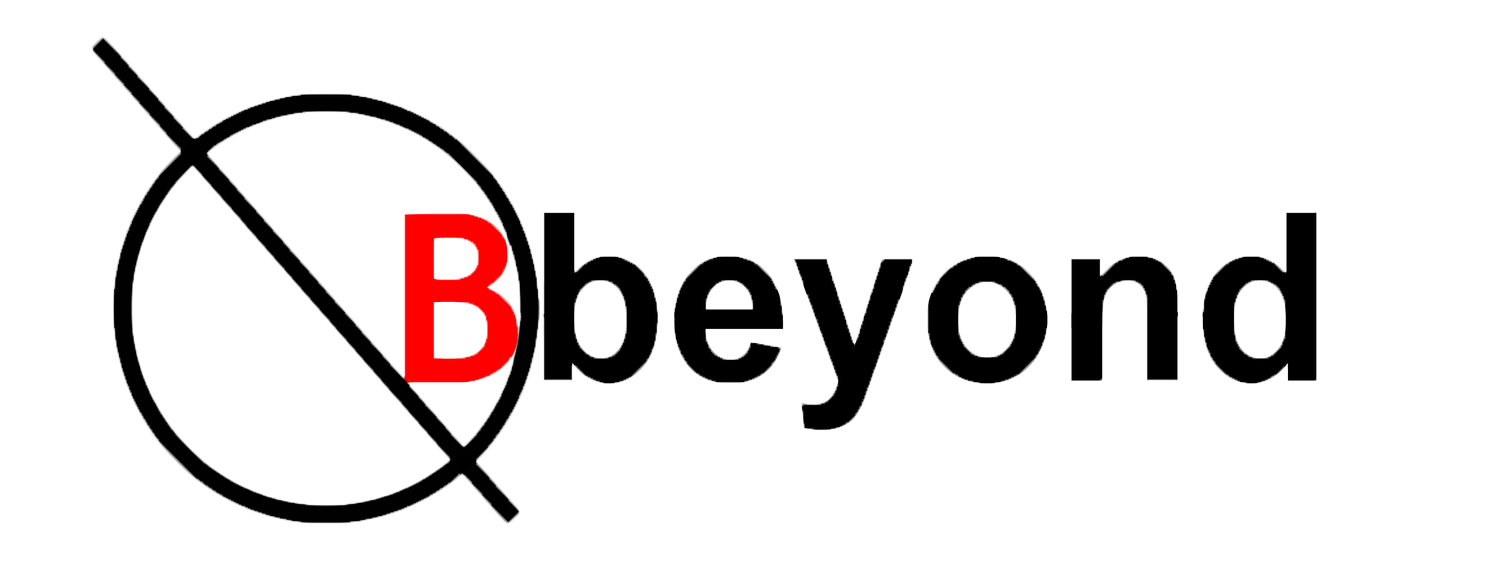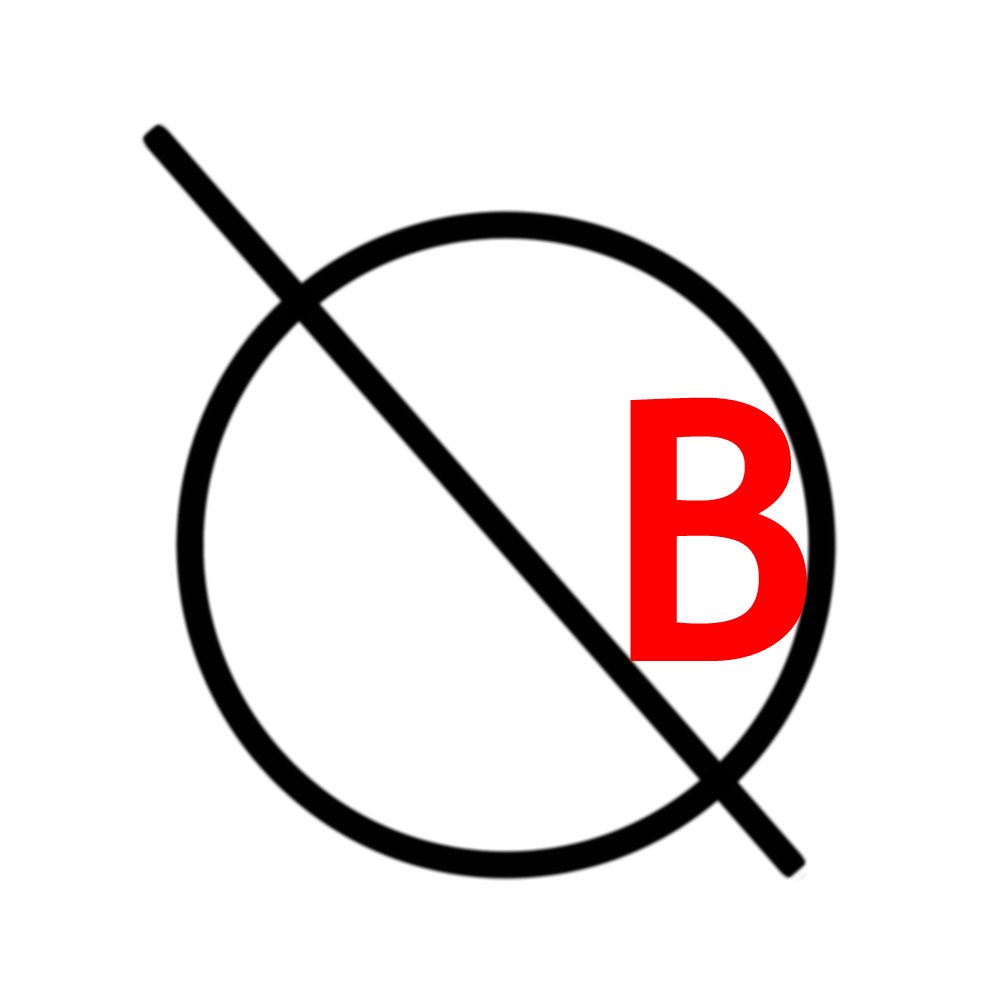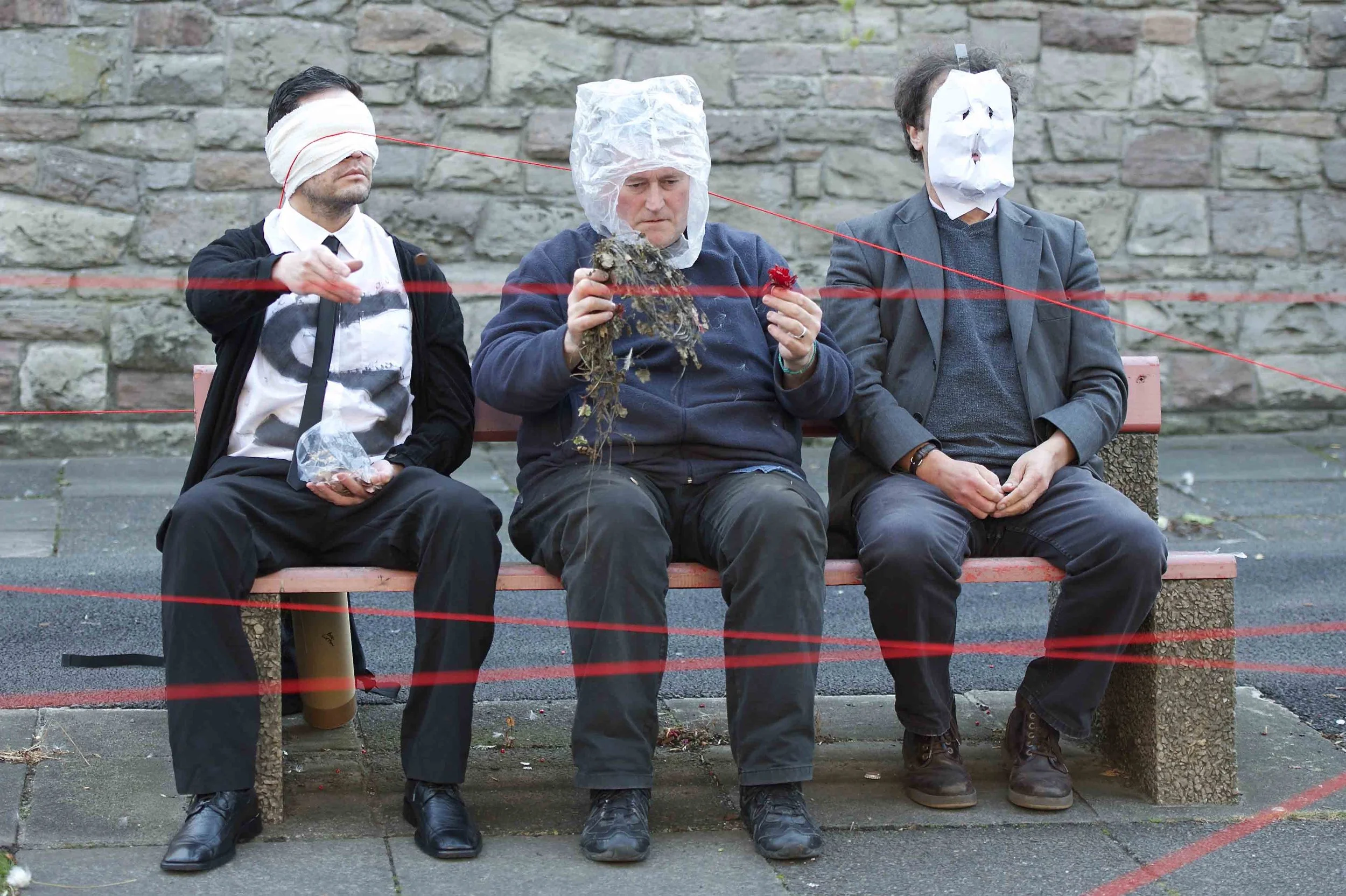Dignity and Respect in Bbeyond
Purpose
Bbeyond has adopted artistic and creative freedom, equality, diversity and inclusion as its core values and seeks in all its events, programmes and actions to be a genuinely inclusive organisation, and to integrate the principles of equal treatment and promotion of diversity into all aspects of Bbeyond’s day-to-day life.
Bbeyond is committed to providing a positive environment in which everyone is treated with dignity, respect and courtesy. We are proud of the diversity of Bbeyond’s artistic community and seek to ensure that each individual is treated with dignity and respect and that the different experiences, abilities and skills of each individual are valued by others.
The purpose of this policy is to foster an environment in which bullying, harassment and intimidation are acknowledged as unacceptable and are not tolerated by Bbeyond. It is important that all members of Bbeyond’s artistic community should be able to recognise, challenge, and where necessary, complain about bullying and harassment should it arise, with confidence that their concerns will be treated in good faith, and investigated fairly and appropriately.
Scope
This policy applies to all members, associated artists and volunteers of Bbeyond, including part-time and temporary staff. It should be used to deal with any incidents of bullying, harassment, intimidation and inappropriate touching /behaviour in the organisation. Bbeyond seeks to resolve such issues as quickly as possible and recommends that where possible an informal approach should be adopted. If the behaviour concerned is a continuation of previous behaviour, or is of a serious nature in the first instance, formal proceedings will be pursued by Bbeyond’s Management Committee with immediate suspension of the said member during this period. Cases will be investigated maintaining the confidentiality of both parties as far as possible, although witnesses may need to be interviewed to collect evidence. In serious cases, Bbeyond may need to take immediate action, which could involve dismissal from membership and disassociation from any artistic work of the perpetrator, or a reference to the police in cases of criminal behaviour.
Principles
For dignity and respect to be embedded in the culture of the organisation, Bbeyond seeks to develop an environment in which every individual is valued and respected. It is the impact on the recipient of a particular form of behaviour, and not the intention of the perpetrator, that will define whether this policy is relevant in dealing with the impact. In line with this policy, Bbeyond will treat all allegations seriously and in good faith and investigate all allegations in a timely manner All Bbeyond staff, members, associate artists and volunteers are responsible for their own behaviour and it is expected that all individuals will comply with the standards of behaviour laid out in this policy.
Definitions:
Harassment is defined by the Equality Act as, ‘unwanted conduct, which has the purpose or effect of violating an individual’s dignity or creating an intimidating, degrading, humiliating or offensive environment for that individual.’ Bbeyond will, of course, seek to apply the spirit and letter of the Act, but it also considers harassment and / or bullying on any grounds to be unacceptable, and will deal with all allegations appropriately.
Victimisation is a type of harassment. This occurs when an individual treats another individual less favourably because she or he has alleged that harassment has occurred or is helping someone else to do so.
The Equality Act protects individuals against harassment by considering whether the conduct that has taken place falls within the definition of harassment.
People have the right to complain about behaviour they find personally offensive even if it wasn’t directed at them e.g – a male worker can complain about sexist remarks about a female worker (whether or not she was present when the remarks were made).
Examples of harassment include (but are not limited to):
Unwanted physical contact *
Unwelcome remarks or jokes about, for example, a person’s age, appearance, marital status
Unwelcome advances, attention or propositions
Unwelcome written or visual communication such as posters, graffiti or offensive gestures
Intrusive questioning
Publicising, or threatening to publicise the sexual orientation of someone without their permission
Misuse of the internet and social networking sites to ridicule or harass
Persistent unwanted communication
Isolation, non-cooperation, or deliberate exclusion of an individual from a work or study situation.
Bullying is not specifically defined by law but can be characterised as offensive, intimidating, malicious or insulting behaviour, or an abuse or misuse of power, which has the effect of undermining, humiliating or injuring the recipient. Bullying can be carried out by an individual or a group. It can take many forms, including someone in authority bullying an individual, peer to peer, or an individual to a line manager.
Examples of bullying may include (but are not limited to):
Exclusion with negative consequences e.g - essential information being purposefully withheld so a task may be delayed
Verbal abuse / insults
Persistently ignoring or patronising an individual
Being treated less favourably than other colleagues
Persistent unjustified criticism
Being pressured into behaviours or actions against the wishes of the individual
Intimidation
Blame for things beyond the control of the individual
Threatening behaviour or communications including online/emails/social media
Rights and Responsibilities
Bbeyond staff, members, associate artists and volunteers have a responsibility to foster and to contribute towards the creation and maintenance of a culture of dignity and respect. Inappropriate behaviour should be challenged. The Management Committee should lead by example and take prompt action to prevent and stop harassment and bullying when it occurs.
Bbeyond staff, members, associate artists and volunteers can expect to:
Be treated with dignity, respect and courtesy
Be able to work, study or visit free from unfair treatment, bullying, harassment or victimisation
Be valued for their skills, abilities and experiences.
and, reciprocally, Bbeyond staff, members, associate artists and volunteers are expected to:
Familiarise themselves with the content of this policy
Treat all members of Bbeyond with dignity, respect and courtesy
Contribute towards a positive learning and working culture within Bbeyond
Challenge or report unacceptable behaviour
Be mindful of others when expressing views
Cooperate with investigations into harassment and bullying.
Establish an inclusive work environment for all members of the team.
October 2016
Revised 2023


